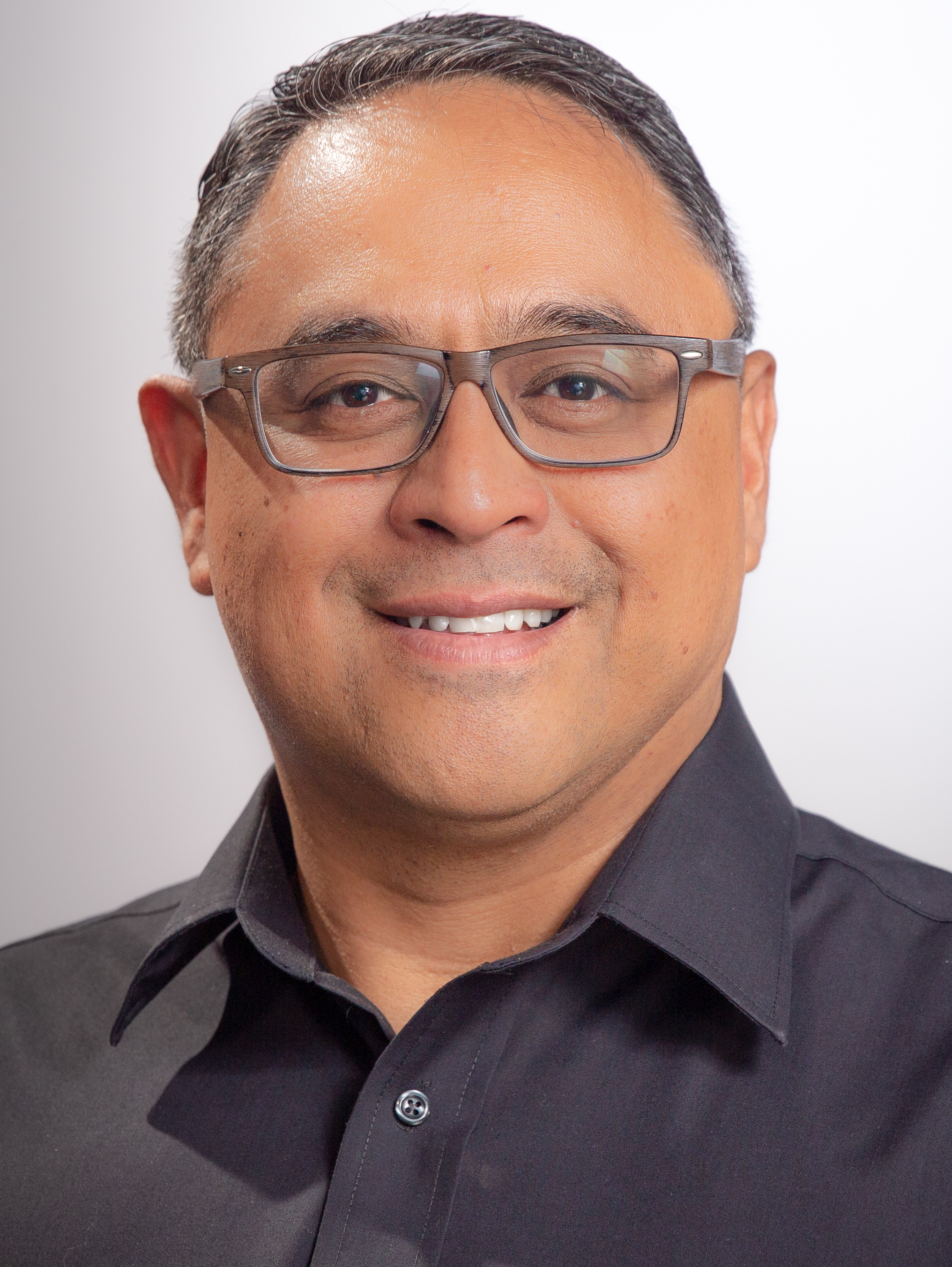
COVID Calls
UNM Office for Community Health Reaches Out to Vulnerable New Mexicans
What began as a push by the UNM Office for Community Health (OCH) to engage with older adults and people with disabilities on behalf of the New Mexico Aging & Long-Term Services Department has transformed into a mission to vaccinate the state’s most vulnerable residents.
OCH is partnering with Aging & Long-Term Services and the New Mexico Department of Health to contact New Mexicans who don’t have a telephone landline, access to the internet or the use of texting or email.
Francisco J. Ronquillo, PA, a leader in the COVID Calls Initiative and a Health Extension Regional Officer for the OCH, says the UNM initiative aims to register about 6,000 New Mexicans for vaccinations. In some cases, they’re even arranging transportation for those who need it.
“We’re focusing solely on seniors, people with disabilities, homebound people, people without internet access (and) people who don’t speak English,” Ronquillo says.
The COVID Calls Initiative, which began in January, is also led by Arthur Kaufman, MD, Vice Chancellor for Community Health, and OCH staffers Maggie June, Kelly Camden, Anna Pentler and Molly Bleeker.
The initiative relies on nearly 100 volunteers from the UNM Health Sciences community, including students from the College of Population Health, the College of Nursing and the School of Medicine, Ronquillo says. “A lot of good people with good hearts and good intentions are here to serve the people of New Mexico.”
It all began last year, when the OCH contracted with Aging & Long-Term Services to reach out to elderly New Mexicans who had sought services through the Care Calls Initiative. The department had a backlog of 18,000 calls, and the UNM volunteers were charged with contacting them.
The volunteers called thousands of seniors, many of whom were happy to receive a phone call, Ronquillo says. “These calls were programmed to last an average of 15 minutes and sometimes they lasted up to 45 minutes because they were lonely. They wanted to talk.”
The volunteers asked seniors about their needs, updated the registry and had them answer questions for a survey to “get a snapshot of what are the issues, the social issues in our New Mexican communities – food insecurity, transportation, poverty, employment, education,” he explains.
The Care Calls Initiative was such a success that in January Aging & Long-Term Services asked the OCH to transition from Care Calls to the COVID Calls Initiative.
Initially, the volunteers helped sign people up on the state’s COVID-19 vaccine registration website. Now, they are following up with call-backs to let them know when appointments become available in their community, Ronquillo says.
“We can look in the queue and see what clinics are opening and let those consumers know if appointments are available,” Ronquillo says. “If there’s a clinic in Alamogordo, for example . . . we confirm an appointment for them, then call them and tell them when and where to go. The people are so grateful.”
Some people have transportation issues or a medical condition that keeps them homebound, Ronquillo says. Volunteers assist with arranging transportation or making special provisions for them to be inoculated at home. Ronquillo’s team is collaborating with UNM’s Emergency Medical Services Academy to bring the vaccine to consumers’ homes in certain circumstances.
One client in Las Cruces who was unable to drive himself to a clinic was worried he wouldn’t get the vaccine. COVID Calls volunteers found a safe ride for him. “He was so happy,” Ronquillo says. “He said, ‘I’m so glad someone was willing to take this old man to get the shot.’”
The initiative has been rewarding, Ronquillo says. “It’s an honor and it has been a privilege to connect with older adults, especially in times of COVID, so that we can at least lend a hand and be able to let them know there’s someone here that cares about them and we want them to get vaccinated.”
Ronquillo estimates that the COVID Calls volunteers will contact 6,000 people throughout the state.
“It’s been a little overwhelming because of the need,” Ronquillo says. “But that’s what we’re there for, to really be able to assist – especially the most vulnerable, the underserved, the marginalized populations.”
